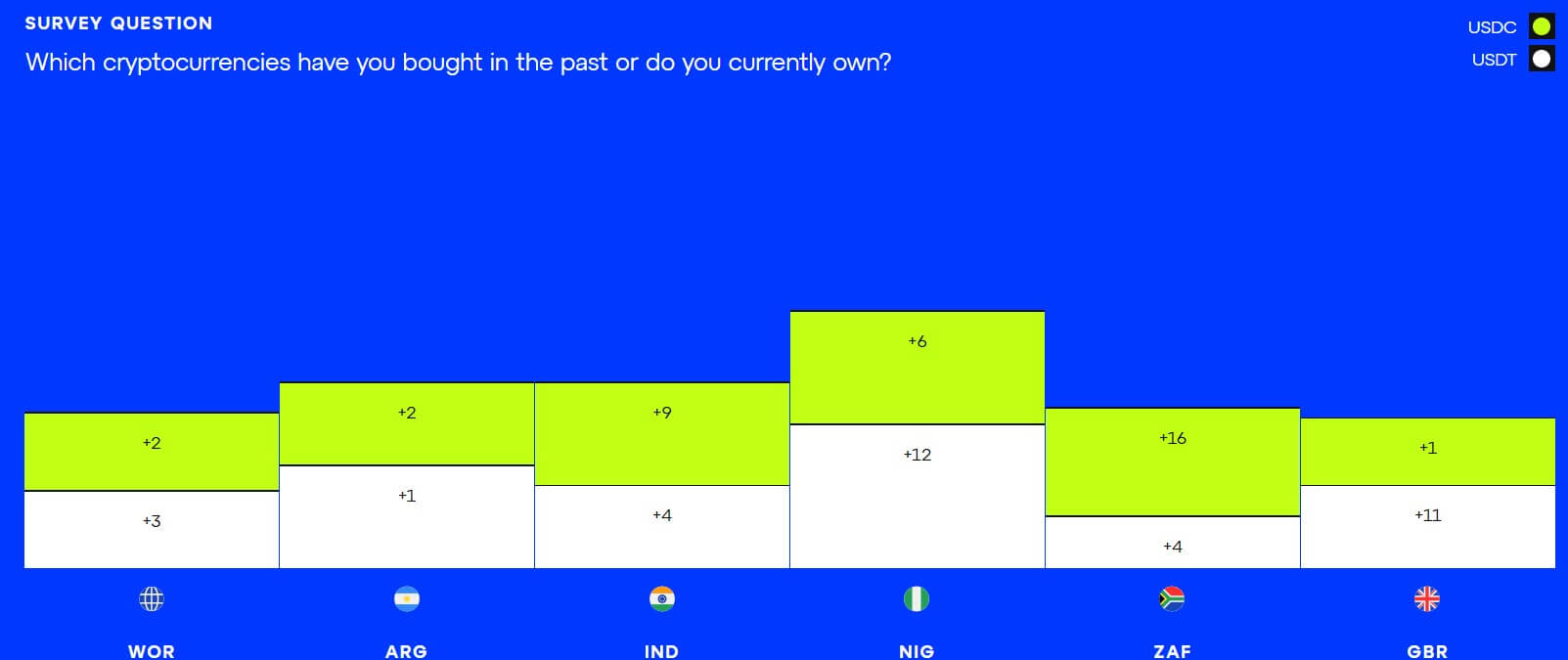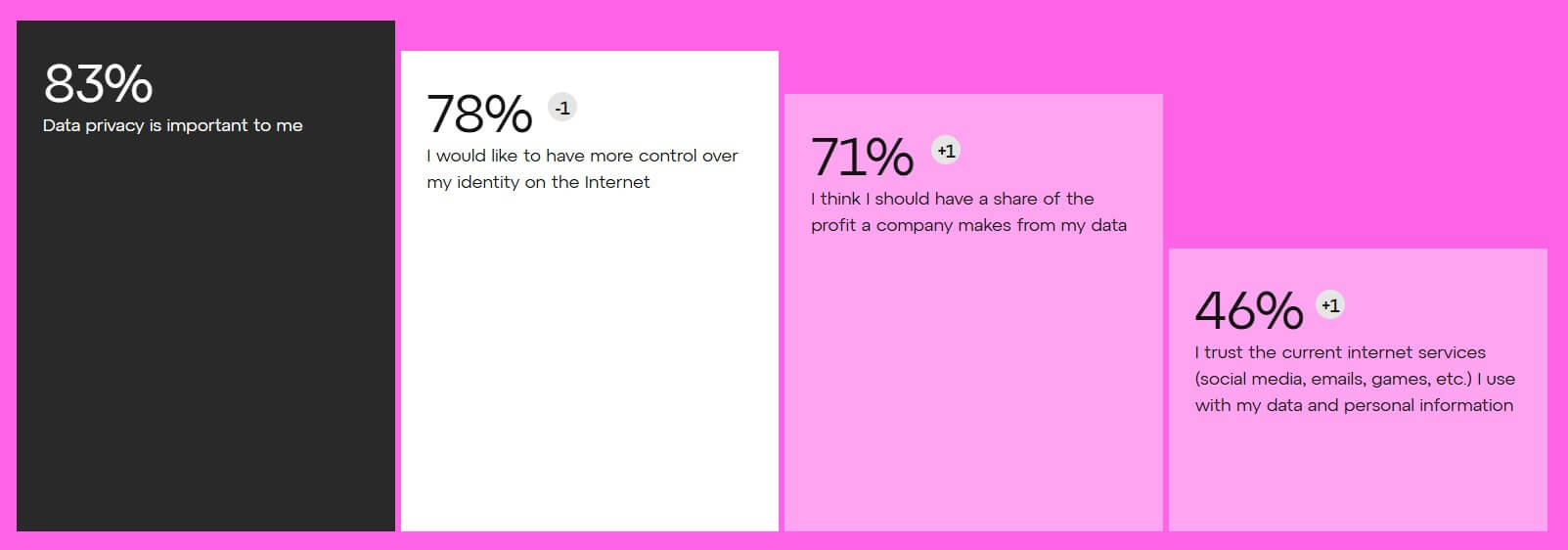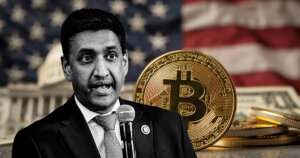 Global crypto awareness hits 93% as trust in traditional finance falters
Global crypto awareness hits 93% as trust in traditional finance falters Global crypto awareness hits 93% as trust in traditional finance falters
Survey shows 42% of global respondents own crypto, with interest surging in Asia and Africa.

Cover art/illustration via CryptoSlate. Image includes combined content which may include AI-generated content.
A global survey by Consensys and YouGov shows that crypto adoption and understanding continue to grow worldwide following this year’s historic market performance, according to a Dec. 10 report shared with CryptoSlate.
According to the report, global awareness of cryptocurrencies has reached 93%, with over half of respondents claiming to understand the technology. Younger men, particularly those aged 25 to 44, demonstrate the strongest familiarity with crypto, reinforcing a demographic trend seen in previous years.
Crypto ownership
The survey also found that 42% of participants own or have previously invested in digital assets. Nigeria leads in ownership rates at 73%, followed by South Africa (68%), the Philippines (54%), Vietnam (54%), and India (52%).
This suggests that interest in crypto investments, especially stablecoins, remains strongest in Asia and Africa, while adoption in European markets, including France and Germany, shows steady growth.

Despite these advancements, significant barriers to entry remain. Concerns about market volatility (20%), scams (17%), and a lack of clear starting points (14%) hinder broader participation. Moreover, while the perception of volatility has slightly declined, skepticism persists in countries like Japan, South Korea, and Turkey.
Decentralization and web3 opportunities
The survey also highlighted the growing concerns about centralized platforms, with 82% of respondents expressing distrust in the dominance of Web2 companies.
Despite this, knowledge of decentralization concepts remains limited globally, except in regions like Nigeria, South Africa, and Indonesia, where understanding is notably higher.
Meanwhile, many respondents recognize the potential of decentralization to address issues in sectors such as social media and international banking. However, an education gap persists, as enthusiasm for blockchain’s transformative power often exceeds a clear understanding of its applications.
Consensys views this shift as part of a broader movement toward active participation in the digital ecosystem. Users increasingly become stakeholders, engaging in activities like staking, app development, and NFT creation. This transition highlights a growing desire for ownership and control over digital identities and data.
Privacy, AI risks, and financial system concerns
Privacy remains a critical issue, with 83% of participants citing it as a top concern. However, only 46% trust their internet service providers with sensitive information.
Most respondents (78%) want more control over their online identities and demand fair compensation for the value they generate online. This dissatisfaction coincides with rising fears around AI, as over 75% worry about its potential to spread misinformation and create fraudulent content.

Blockchain technology is seen as a solution to these challenges, with 54% believing it could mitigate risks associated with AI.
Confidence in traditional financial systems remains low, with only 47% viewing them as effective. Calls for systemic reform are most potent in regions like Nigeria, Indonesia, and the Philippines, where demand for innovation is tied to a growing interest in cryptocurrencies.
Joseph Lubin, the Founder and CEO of Consensys, said:
“[This] survey not only highlights the rising importance of data privacy, with 83% of respondents emphasizing its significance, but also sheds light on pervasive concerns about exploitation and misinformation, a pressing issue amid global elections and the mainstream adoption of AI.”



 Ro Khanna
Ro Khanna 














































































